It seems counterintuitive that there are some mHealth brands that have yet to adopt a mobile marketing strategy. Those in the forefront of the mHealth field have already developed their strategies and have planned for the roll-out of their various mobile marketing activities as carefully as they have developed their knowledge of their consumers.
While your firm may have an amazing product or service, that doesn’t mean it’s going to get the most attention or garner the most press. That’s where mobile marketing strategy and execution come into play.
How important is a mobile marketing strategy?
Listen to what writer Steve Olenski had to say in a recent article:
Mobile Marketing: A Must for mHealth Brands
According to the findings of a recent comScore study, as part of its Mobile Metrix 2.0 service, Mark Donovan, SVP of mobile said that “4 in every 5 smartphone users – 85.9 million in total – accessed retail content on their device in July” alone. “With nearly 86 million Americans now shopping on their smartphones, this pronounced shift in consumer behavior is simply too large for retailers to ignore, with the future of their business depending on how well they adapt to the new environment.”
It is a very powerful statement and one that I believe applies to ALL brands. Especially when you look at some other stats. These come from my Forbes article entitled “Marketers And Advertisers, Are You Mobile?” which was written in September, 2011.
- 234 million Americans own a mobile device.
- As of July 82.2 million Americans owned smartphones, up by 10% from April 2011.
- The number of advertisers using mobile advertising has doubled in just two years.
- Revenue from mobile commerce will increase tenfold from 2010 to 2014 in the US.
- The total value of mobile payments for digital and physical goods, money transfers and NFC (near field communications) transactions will hit $670 billion by 2015 – nearly three times as much as will be seen this year, $240 billion.
- 1/3 of us would rather give up sex than our mobile phone.
Among all interactive marketing platforms, mobile marketing is expected to grow 38% over the next five years with an estimated $8.2 billion being allocated to it by the year 2016. According to Donovan, “Adapting isn’t always easy, especially when considering the complexity of the mobile environment, which requires optimizing the experience across multiple platforms and for both mobile websites and apps. The retailers who best understand how consumers are engaging in mobile shopping behaviors and design their strategies accordingly will be best positioned to capitalize on these shifting market dynamics.”
You can’t deny that as an mHealth company, you should be embracing mobile marketing, advertising and mobile website creation to give your audiences what they want and expect. The shift has already occurred, how have you prepared?
photo credit: DavidErickson via photopin cc
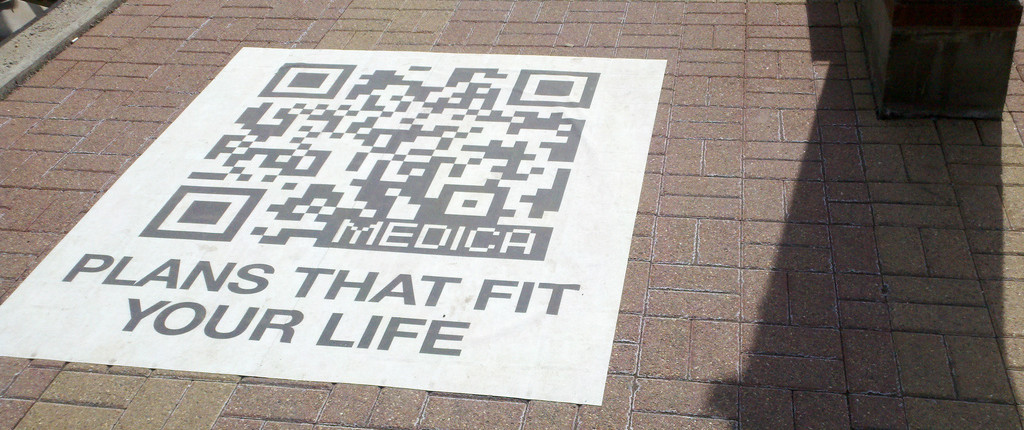

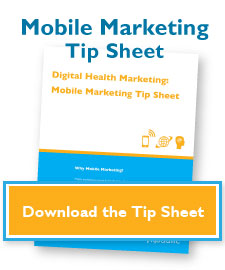
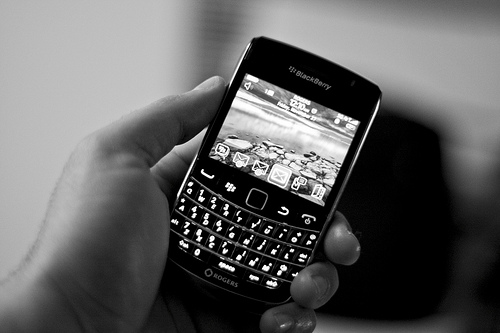
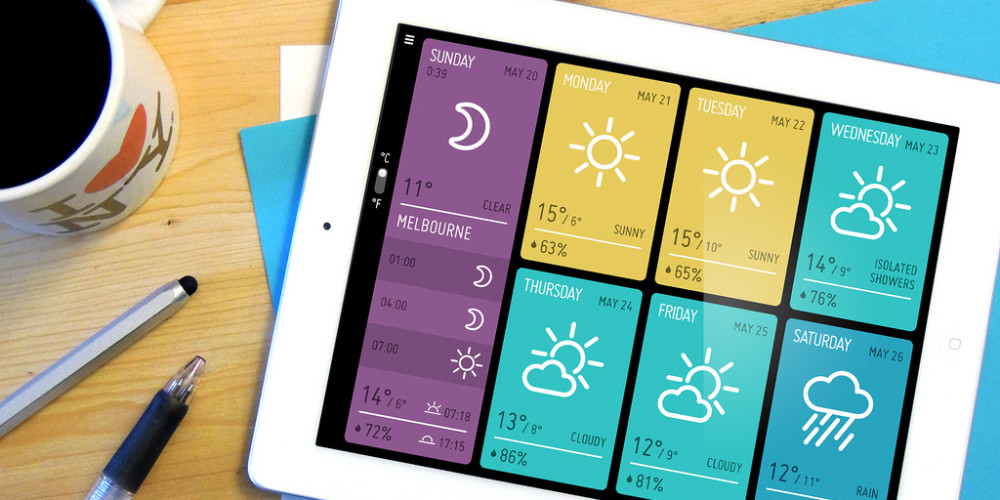
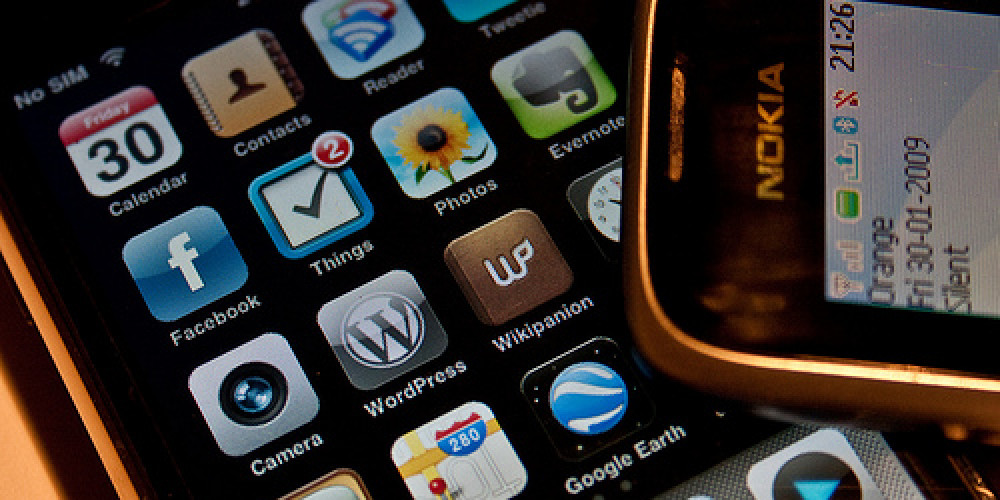
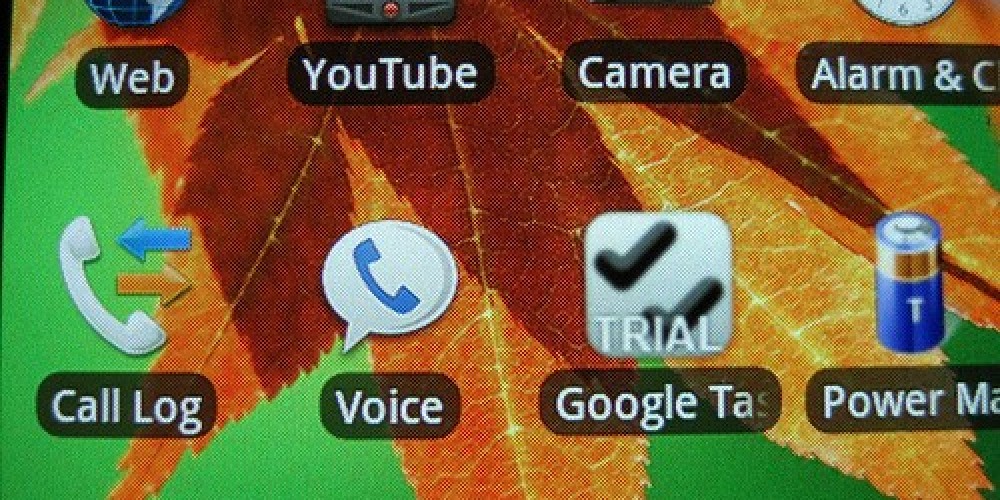


5 thoughts on “Why Are Some mHealth Brands Still Slow to Adopt Mobile Marketing?”